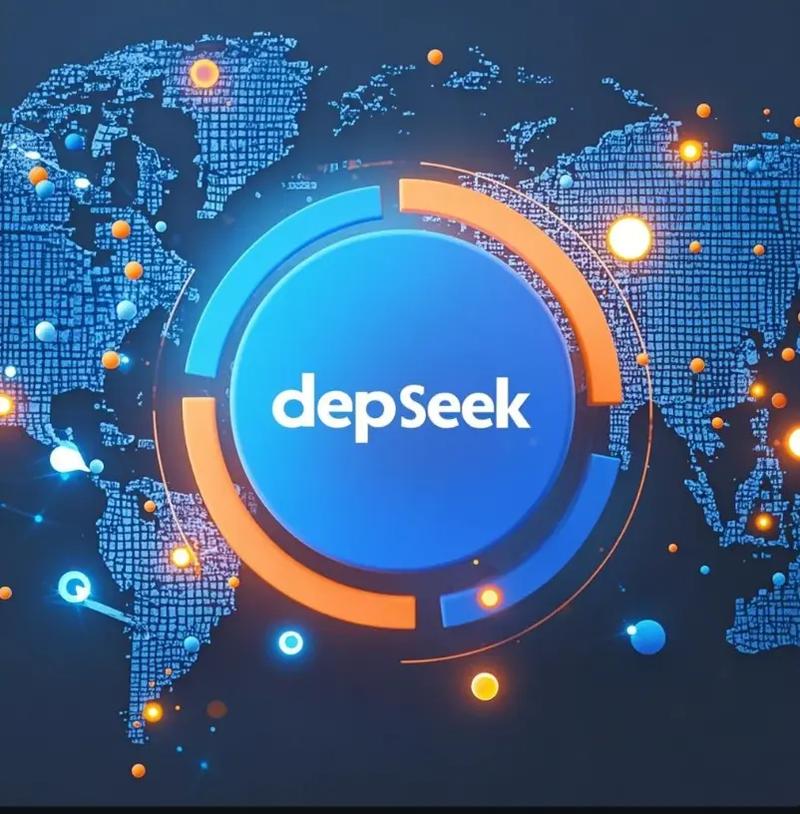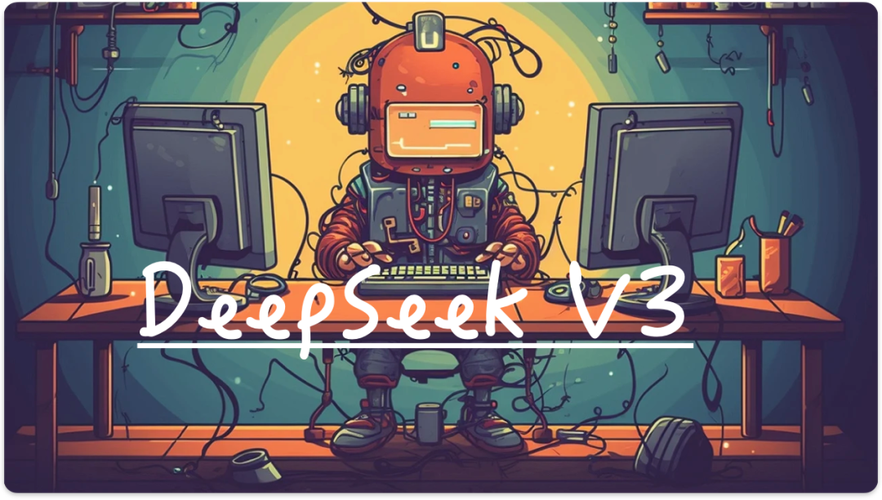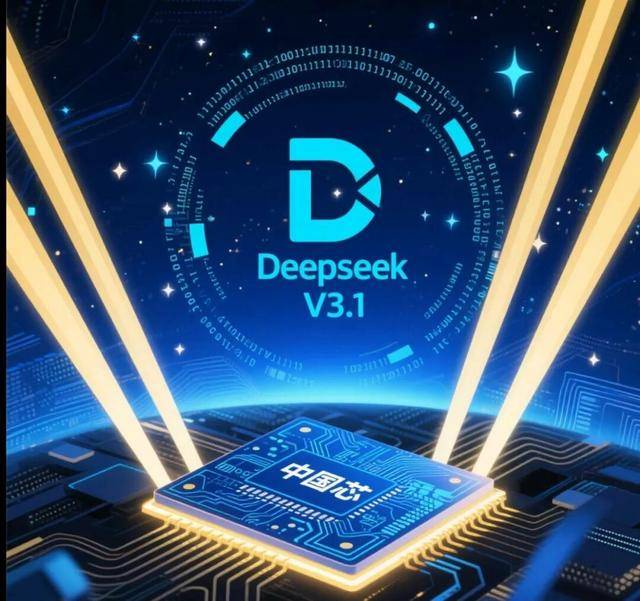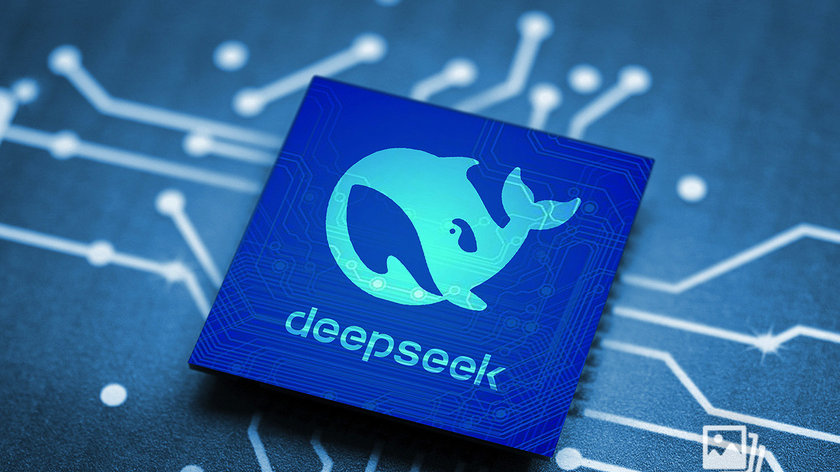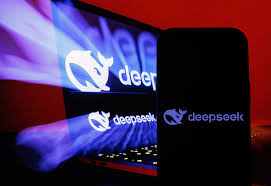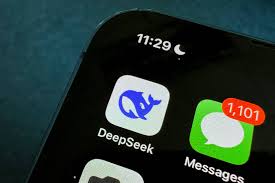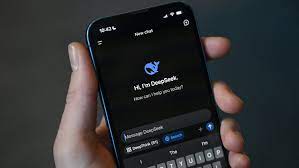ChatGPT vs DeepSeek – Which AI Tool Is Better? (2025 Full Comparison)
Introduction
As artificial intelligence continues to evolve at an accelerated pace, developers, researchers, and businesses alike are seeking the most efficient and effective AI tools to power their applications. In 2025, two major contenders have emerged at the forefront of this race: ChatGPT and DeepSeek. Each boasts remarkable capabilities, unique architectural foundations, and growing user communities.

But which tool truly stands out in real-world applications? This in-depth 4000-word comparison explores the strengths, limitations, performance benchmarks, and practical implications of ChatGPT (including O3 Mini, Turbo, and Plus variants) versus DeepSeek (including R1 and V3 models).
1. Overview of the Platforms
What Is ChatGPT?
ChatGPT is OpenAI's flagship conversational AI, accessible via chat.openai.com, API, and enterprise products. It is based on proprietary models like GPT-4 Turbo and the newer GPT-4.5, known for their fluency, versatility, and strong support ecosystem.
What Is DeepSeek?
DeepSeek is an open-source, high-performance AI suite developed in China, featuring models like DeepSeek V3 (MoE-based) and DeepSeek R1 (instruction-tuned). It aims to democratize AI access with cost-effective and technically competitive models that rival proprietary Western tools.
2. Architecture and Design Philosophy
| Feature | ChatGPT | DeepSeek |
|---|---|---|
| Core Architecture | Dense Transformer (GPT-4.x) | Mixture-of-Experts (MoE) |
| Token Limit | Up to 128K (Turbo) | 128K |
| Active Parameters | ~175B–1T+ (GPT-4) | 37B active, 671B total |
| Open Source | ❌ Proprietary | ✅ Open-sourced models |
| Multilingual | ✅ Excellent | ✅ Excellent (esp. EN/CH) |
DeepSeek's MoE architecture allows for cost-saving and efficient token inference, whereas ChatGPT relies on massive dense models trained at scale.
3. Performance Benchmarks (Coding, Math, QA)
| Task Category | ChatGPT (GPT-4.5 Turbo) | DeepSeek V3 R1 |
| HumanEval (Coding) | 74–80% | 65–67% |
| GSM8K (Math) | 90%+ | 89.3% |
| MMLU (Reasoning) | 87%+ | 87.1% |
| DROP (QA) | 89% | 89% |
| MBPP (Python) | 76–80% | 75.4% |
Overall, ChatGPT has a slight edge in raw performance, but DeepSeek closes the gap with exceptional efficiency.
4. Cost and Accessibility
| Usage Type | ChatGPT (Plus/Turbo) | DeepSeek V3 API |
| Monthly Fee | $20+ (Plus), custom (API) | As low as ~$0.07–$1.12/million tokens |
| API Compatibility | OpenAI format | OpenAI compatible |
| Token Pricing | ~$30/million (Turbo API) | ~$1/million (output) |
| Caching | Limited | Advanced (Cache hit/miss) |
DeepSeek is up to 30–50x cheaper for developers working with large token workloads.
5. Ecosystem and Developer Tools
ChatGPT
-
Integrated with OpenAI Playground, Assistants API, and Codex
-
Supports web browsing, DALL·E, and advanced tools (Pro tier)
-
Deep plugin and third-party ecosystem
DeepSeek
-
Hugging Face model availability (GGUF, GPTQ, etc.)
-
Compatible with LM Studio, Ollama, Text-generation-webui
-
Supports fine-tuning, quantization, local hosting
DeepSeek shines in the open-source and local deployment space, while ChatGPT leads in API-based app building and SaaS integration.
6. Real-World Use Cases
ChatGPT
-
Customer service assistants
-
Educational tutoring
-
Enterprise integrations
-
Real-time reasoning (e.g., legal, medical summaries)
DeepSeek
-
On-device assistants (privacy-focused)
-
Code generation and debugging
-
Research papers and bilingual writing
-
Offline tools for startups and schools
7. Offline and Local Model Usage
One of DeepSeek’s biggest advantages is local deployment:
-
Quantized models run on ~$500 PCs
-
Compatible with
text-generation-webuiand ExLlama -
Great for secure environments (medical, legal, military)
ChatGPT, on the other hand, is cloud-only, which introduces privacy and availability constraints.
8. Community and Support
| Metric | ChatGPT | DeepSeek |
| Community Activity | Massive (Reddit, Discord) | Growing (Hugging Face, GitHub) |
| Support | Priority for API clients | Forums and GitHub issues |
| Model Customization | ❌ (closed weights) | ✅ (full finetuning options) |
| Localization (UI) | ✅ Extensive | ✅ EN/CH, improving |
9. Strengths and Weaknesses
ChatGPT Strengths
✅ Best-in-class fluency and coherence
✅ Advanced context memory (with tools)
✅ Commercial-grade reliability
✅ Constantly updated via OpenAI infrastructure
ChatGPT Weaknesses
❌ Expensive at scale
❌ Cloud-only usage
❌ Limited transparency or control
DeepSeek Strengths
✅ Cost-effective and open-source
✅ Competitive reasoning and coding ability
✅ Run locally with consumer GPUs
✅ Transparent architecture and tuning options
DeepSeek Weaknesses
❌ UI not as refined (no web chat by default)
❌ Smaller community and slower updates
❌ Requires technical knowledge for deployment
10. Final Verdict: Which Is Better?
It depends on your use case:
-
Choose ChatGPT if you need a plug-and-play, cloud-based, commercial-grade tool with support for tools, browsing, and seamless UX.
-
Choose DeepSeek if you're a developer, researcher, or privacy-conscious user who wants full control, offline access, or to avoid high API fees.
Summary Table
| Use Case | Recommended AI Tool |
| Enterprise Applications | ChatGPT |
| Budget Development | DeepSeek |
| Academic Research | DeepSeek |
| Customer Service Chatbot | ChatGPT |
| Local Deployment | DeepSeek |
| Creative Writing | ChatGPT (Pro model) |
Conclusion
In 2025, the AI landscape is more competitive and diverse than ever before. ChatGPT and DeepSeek represent two different visions of AI: one cloud-based and product-focused, the other open-source and developer-driven.
Whether you're building the next billion-dollar app, running a classroom project, or exploring AI for personal use, knowing the strengths and trade-offs of each platform can help you choose the best partner for your innovation journey.
🔍 The real winner? The developers, researchers, and users who now have more power and choice than ever before.
